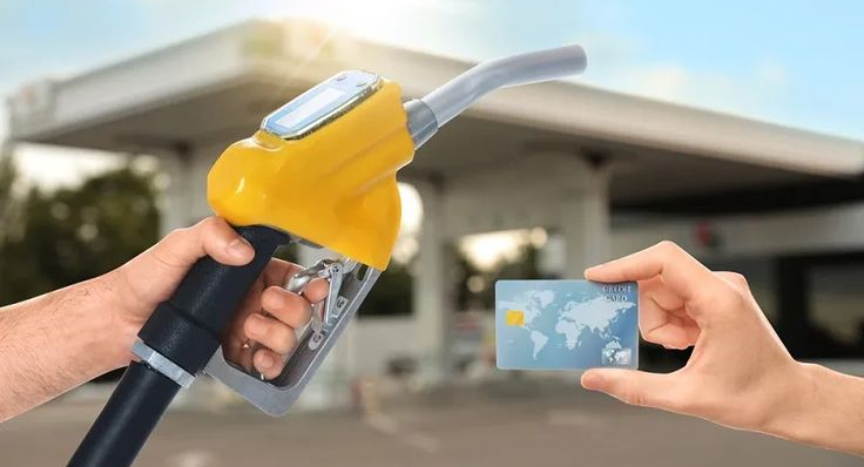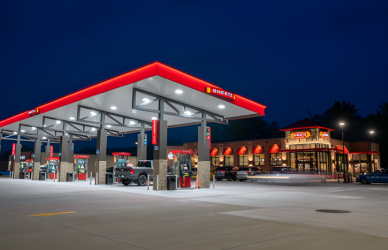Fuel cards seamlessly integrate into fleet management systems, offering real-time fuel transaction data, automated expense tracking, and built-in controls designed to combat fuel misuse and fraud. Here’s how introducing fuel cards can transform fleet operations.
Why Fuel Cards Are a Game-Changer for Fleet Management
For small fleet operators, the decision to adopt fuel cards comes with a multitude of benefits that enhance operations, reduce costs, and improve transparency.
Streamlined Operations for Enhanced Efficiency
Fuel cards simplify the entire fueling and reporting process, eliminating the need for cash or cumbersome credit card reimbursement systems. By automating these tasks, they reduce the risk of human error while lightening the administrative workload. Accurate financial reporting becomes hassle-free, saving time and energy for businesses with limited staff resources.
With fewer hours spent juggling paperwork, fleet operators have more bandwidth for strategic priorities like expanding their business or strengthening customer relationships. Additionally, the streamlined reconciliation process means fleet managers can close financial reporting periods faster, translating to timely insights that are critical for decision-making.
Tighter Cost Control
One of the most valuable aspects of fuel cards is their ability to reduce fuel expenditures. Many card programs partner with stations offering consistently low fuel prices, allowing small fleet operators to capitalize on discounts typically reserved for larger competitors. This strategic cost-saving approach makes it possible for smaller fleets to level the playing field.
Fuel cards also provide detailed, actionable data around fuel spending. Managers can review reports that break down costs by driver, route, or vehicle, enabling targeted improvements to budgeting and efficiency.
Another cost-control advantage is the ability to set restrictions. Managers can define purchase limits, prohibit certain transactions, and even specify locations or time periods for fueling. These measures ensure fuel budgets are adhered to while preventing unauthorized activity. For small fleets with tighter margins, such granular control can have a significant impact on profitability.
Enhanced Financial Security & Fraud Prevention
When compared to cash-based transactions, fuel cards inherently reduce the risk of theft and fraud. Each card is linked to a designated vehicle or driver and typically requires PIN authorization, ensuring that only authorized individuals can make purchases.
Real-time monitoring further strengthens security. Fleet managers can receive instant notifications of all transactions, making it easier to detect anomalies or suspicious spending patterns. Alerts for irregular activity allow management to respond promptly, including deactivating cards immediately to stop unauthorized charges.
Beyond preventing fraud, fuel cards provide an essential paper trail. Comprehensive digital records of all fuel-related expenses simplify compliance with tax regulations and offer protection during audits or disputes.
By tracking the time and location of each fuel purchase, managers can ensure that drivers stick to planned routes and schedules, preventing unauthorized vehicle use. These capabilities protect not only finances but also the overall reputation and safety of the fleet.
Porter’s Fuel Cards for Smarter Fleet Fuel Management
Fuel cards are a powerful tool for fleets to optimize their fuel management strategies by boosting operational efficiency, cutting costs, and enhancing security.
Check out the fuel cards here to find out how they can help your fleet.
Source: Porter Freight Funding











